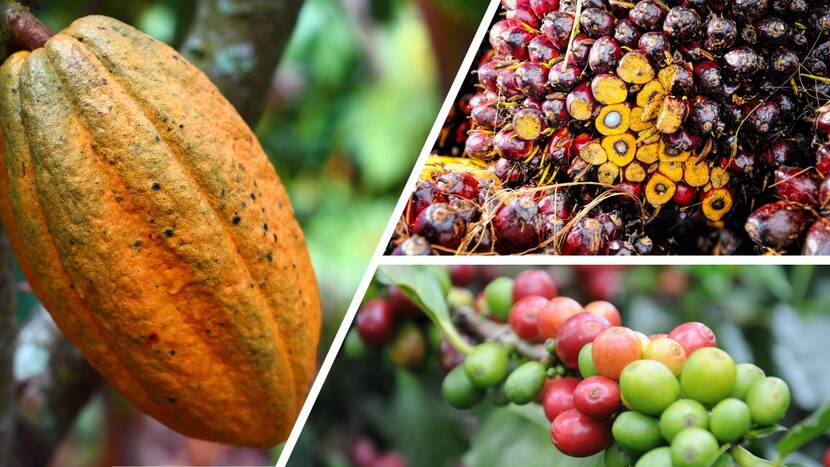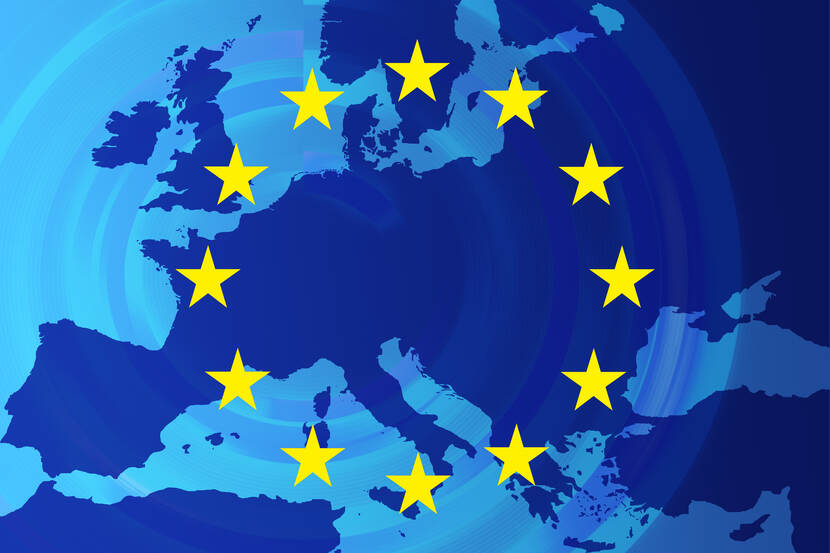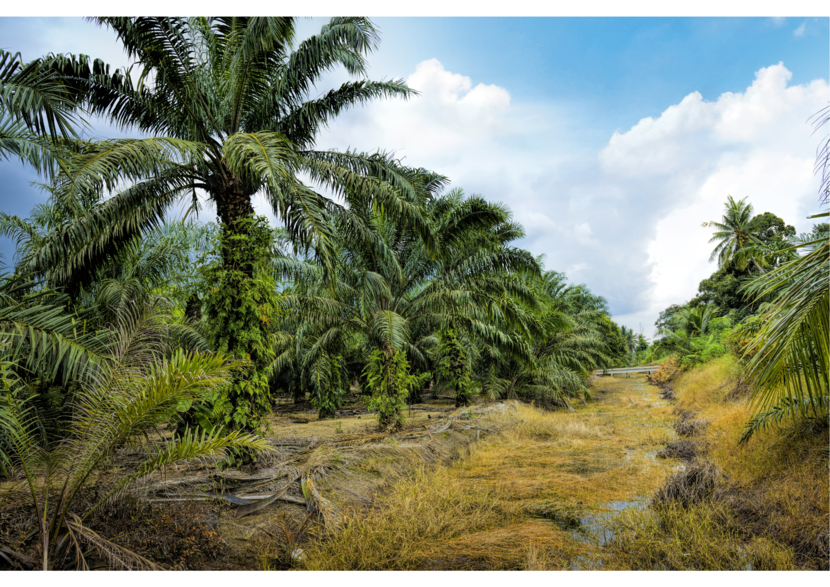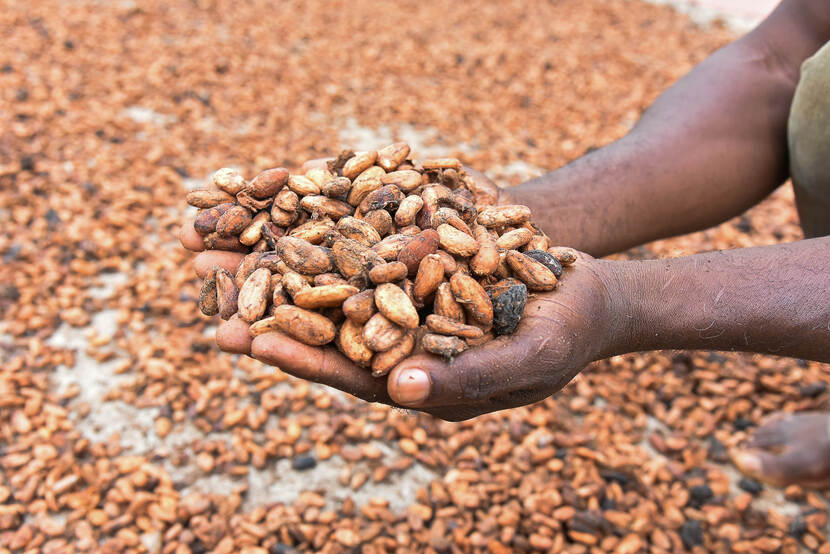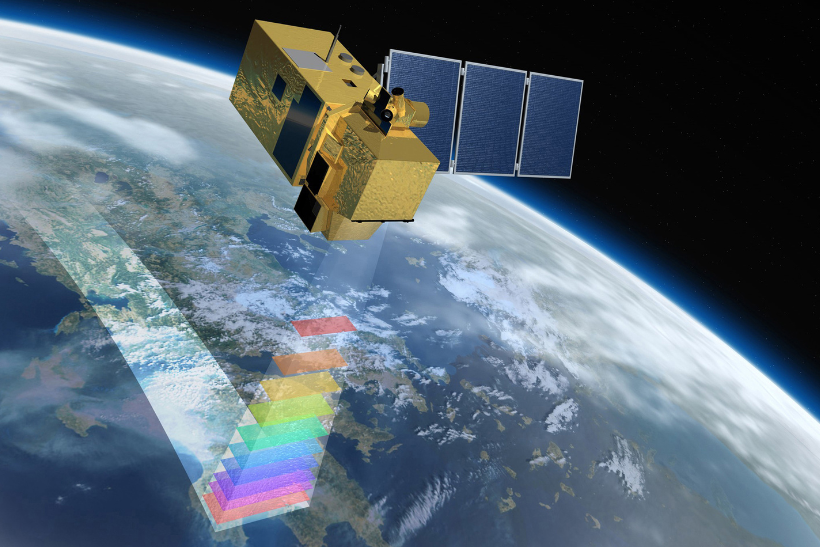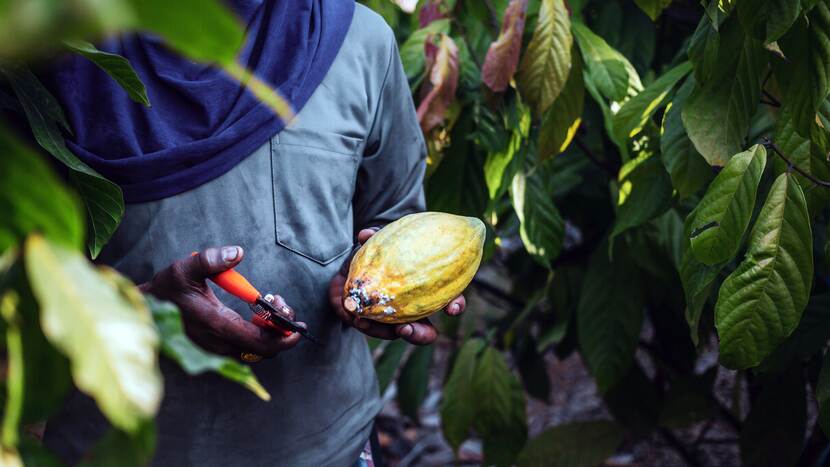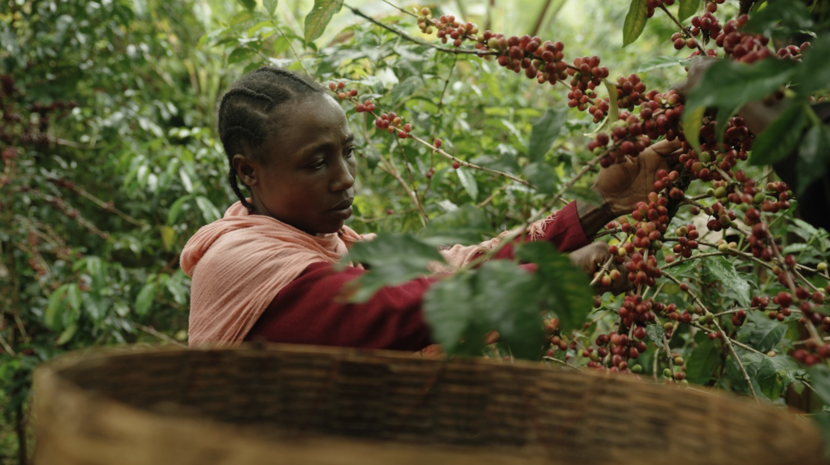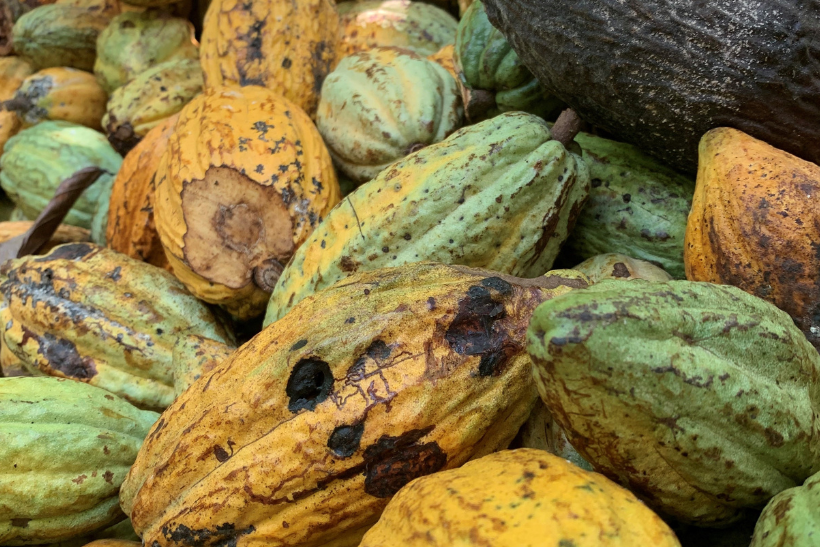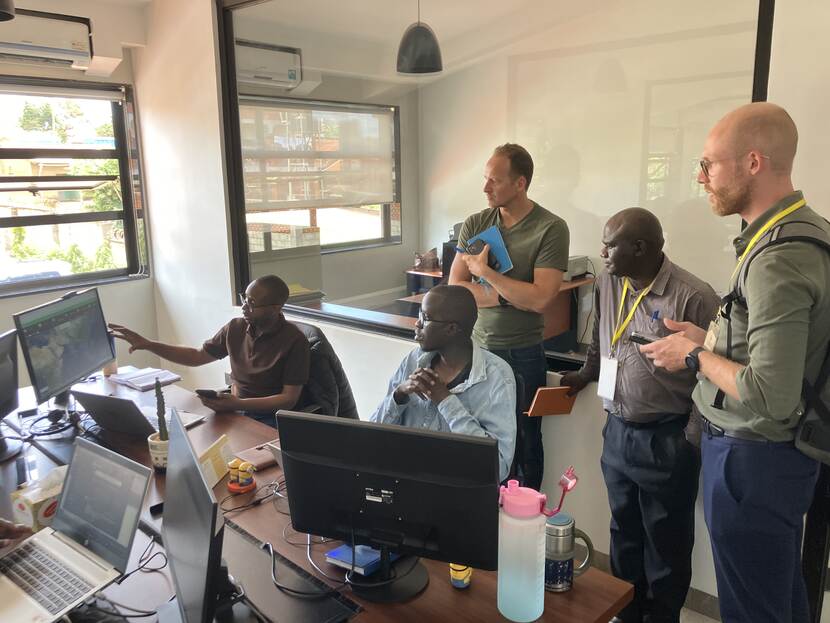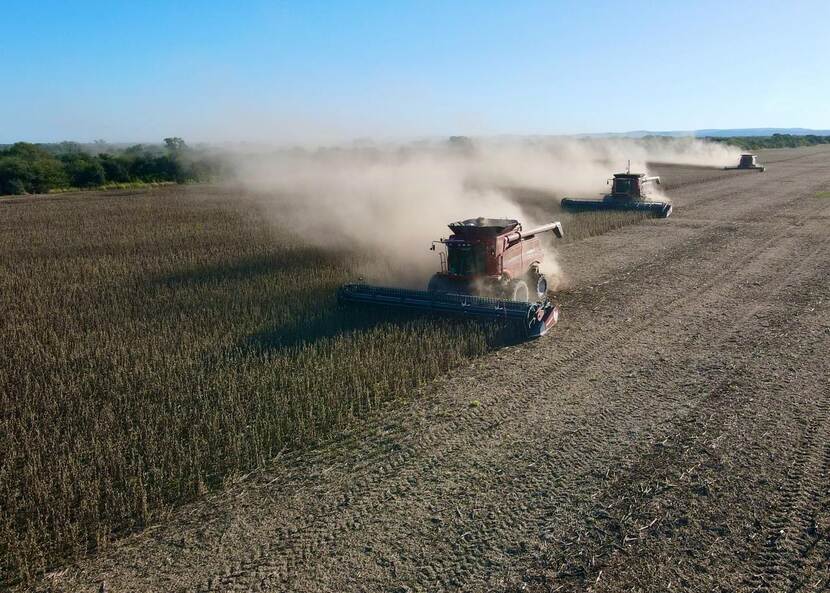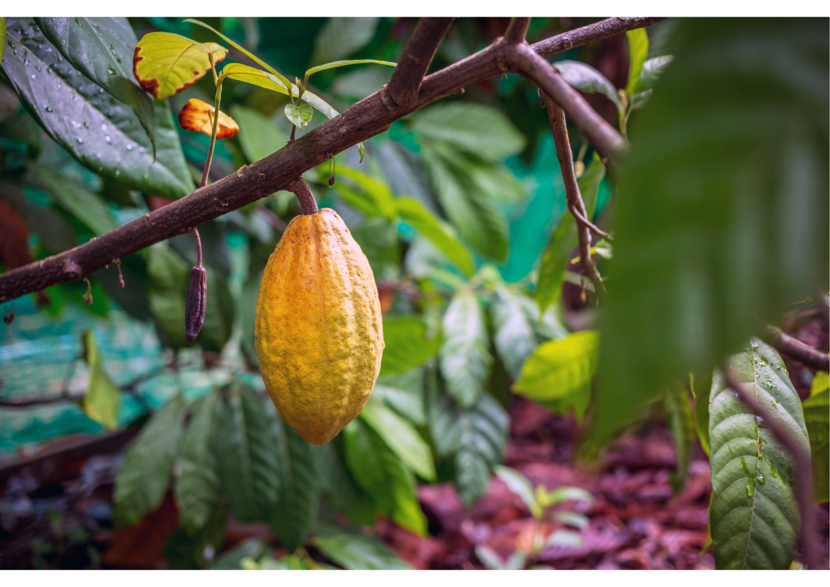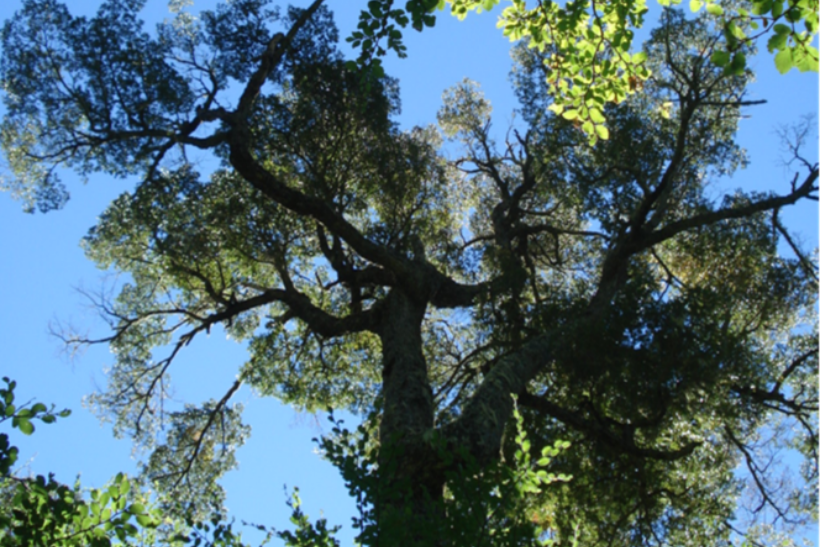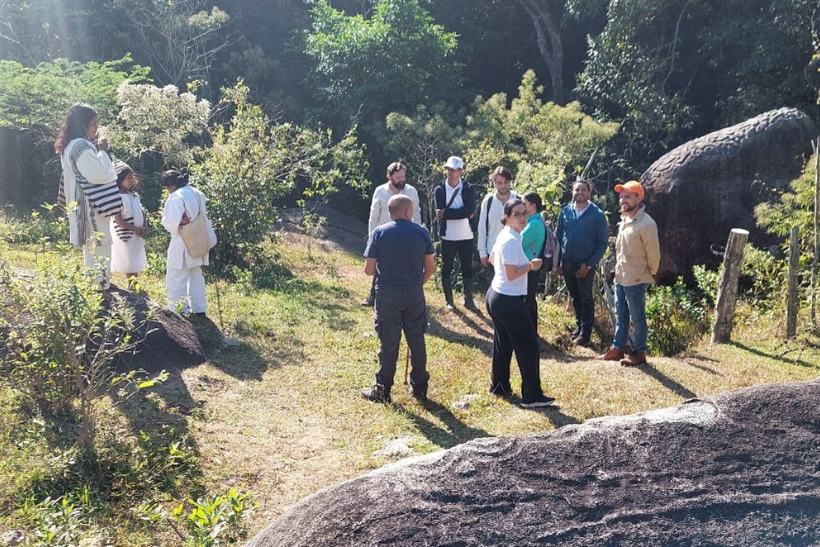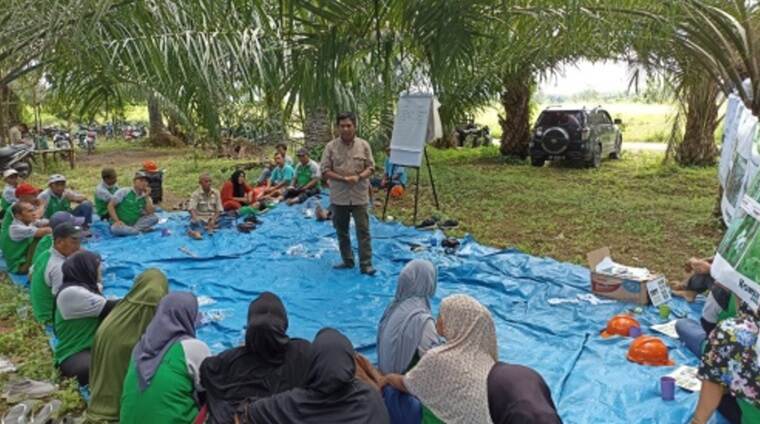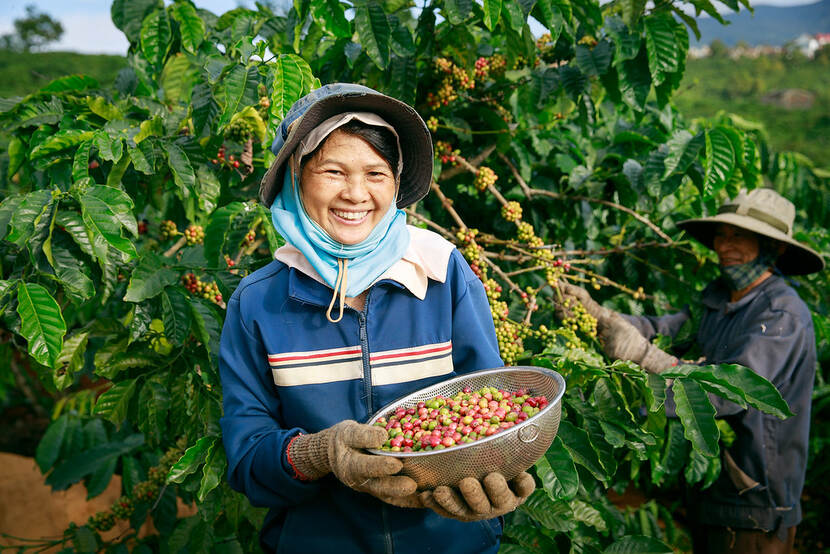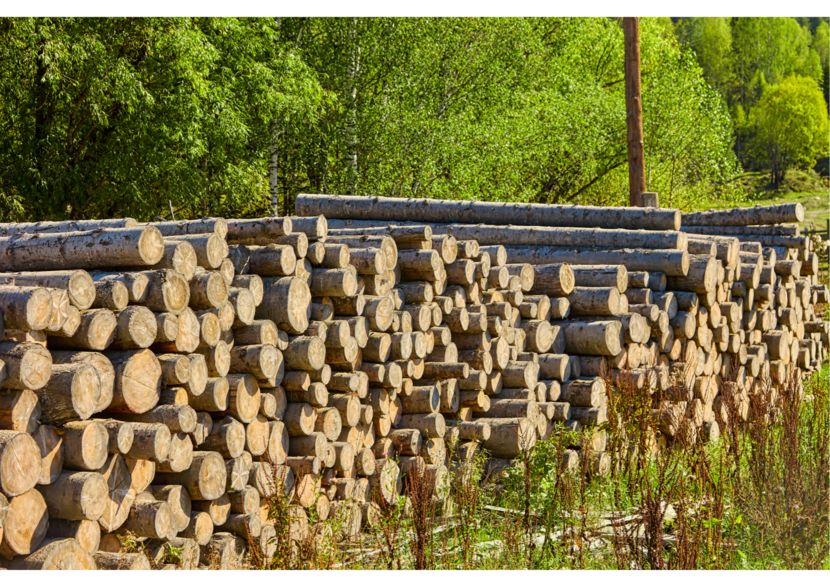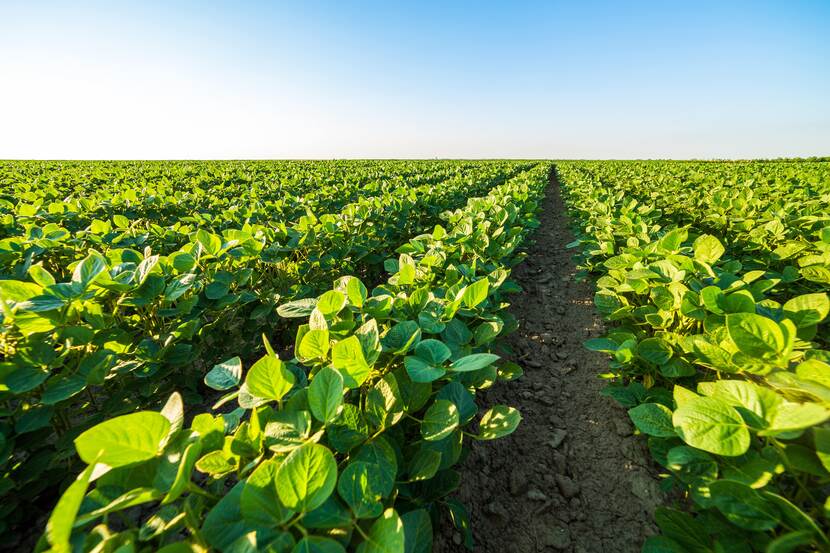- Introduction: EUDR is a necessary step towards sustainable supply chains; cooperation is key
As the EU’s largest importer and processor of commodities falling under the EU regulation on deforestation-free products (EUDR), the Netherlands plays a key role in global supply chains. Over the past years, the Netherlands has used this position to promote sustainability through multistakeholder processes, and bilateral and multilateral cooperation. To raise the bar within Europe and promote a level playing field, the Netherlands has welcomed the EUDR as a necessary next step in working towards sustainable supply chains and in meeting global biodiversity and climate targets.
EUDR is a necessary step towards sustainable supply chains; cooperation is key
